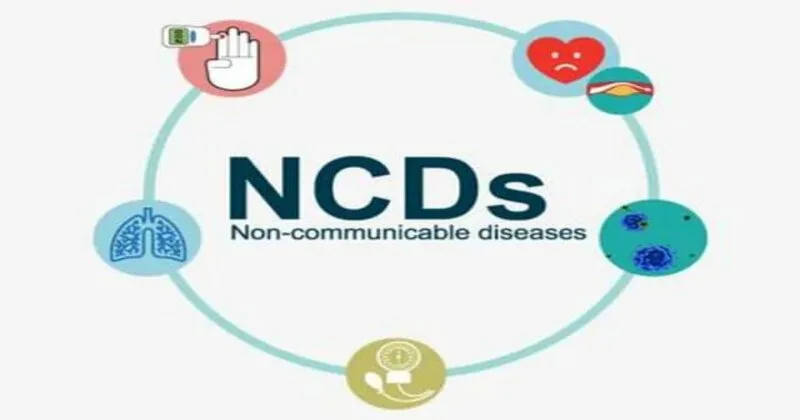
Non-communicable diseases (NCDs) such as heart disease, stroke, diabetes, and cancer pose a serious global health challenge, driven largely by lifestyle factors such as tobacco use, physical inactivity, and unhealthy diets. These chronic conditions can lead to premature death, disability, and significant economic burdens, straining healthcare systems and hindering economic development, particularly in underserved communities.
To address this, the Department of Health and Family Welfare, under the National Programme for Prevention and Control of Non-Communicable Diseases (NP-NCD), provides technical and financial support to states and Union Territories through the National Health Mission (NHM). The programme emphasizes infrastructure development, training healthcare personnel, early diagnosis, and effective treatment. It has established 770 District NCD Clinics, 372 District Day Care Centres, 233 Cardiac Care Units, and 6,410 Community Health Centre NCD Clinics. Population-based screening initiatives for diabetes, hypertension, and cancers, such as oral, breast, and cervical, have also been introduced to enhance primary healthcare.
Community awareness is a key focus of the programme, particularly in deprived areas. Accredited Social Health Activists (ASHAs) play a pivotal role in educating families about healthy lifestyles, conducting follow-ups, and encouraging regular health check-ups for early detection of NCDs. Public awareness is further boosted through observing health-related days, social media campaigns, and community activities, ensuring that preventive measures and the importance of early intervention reach even the most vulnerable populations.

Post Your Comments